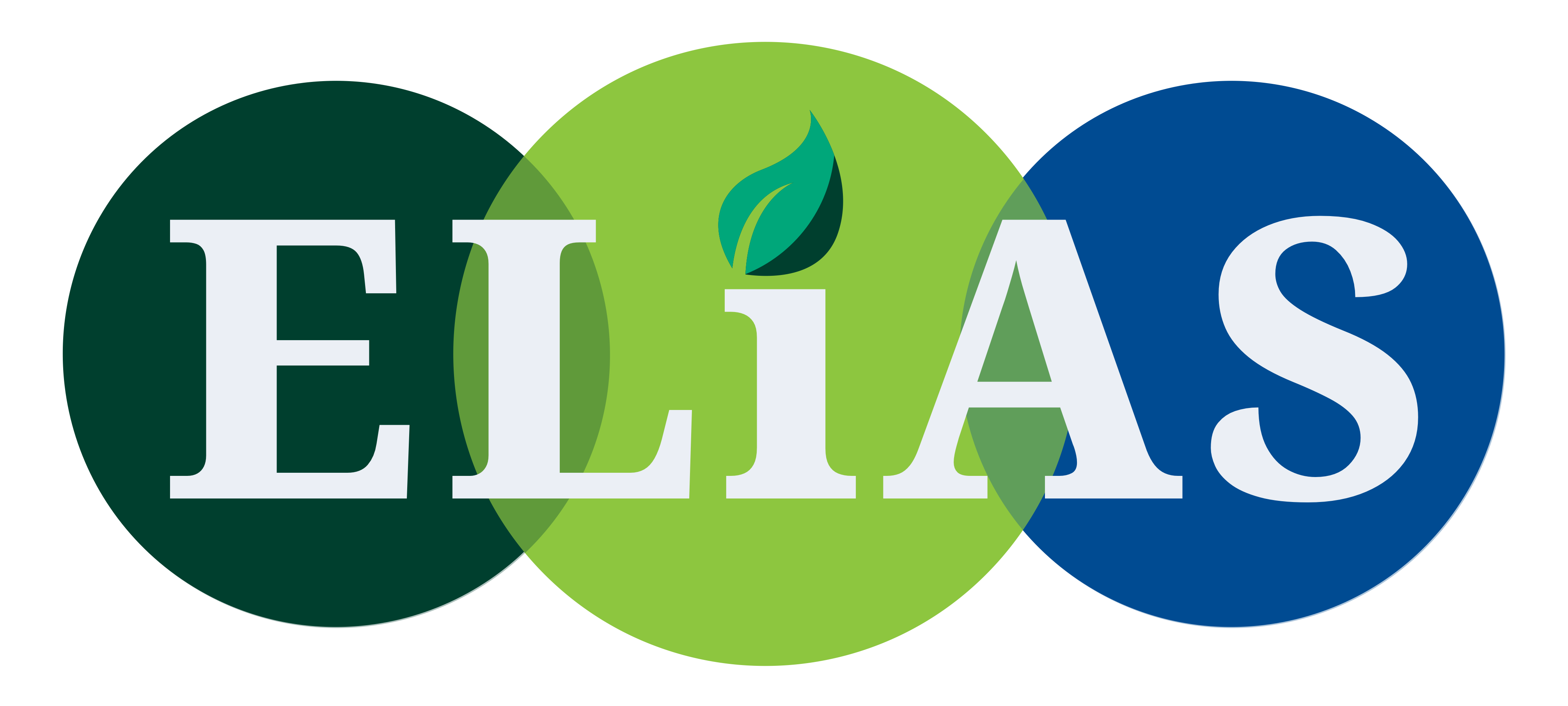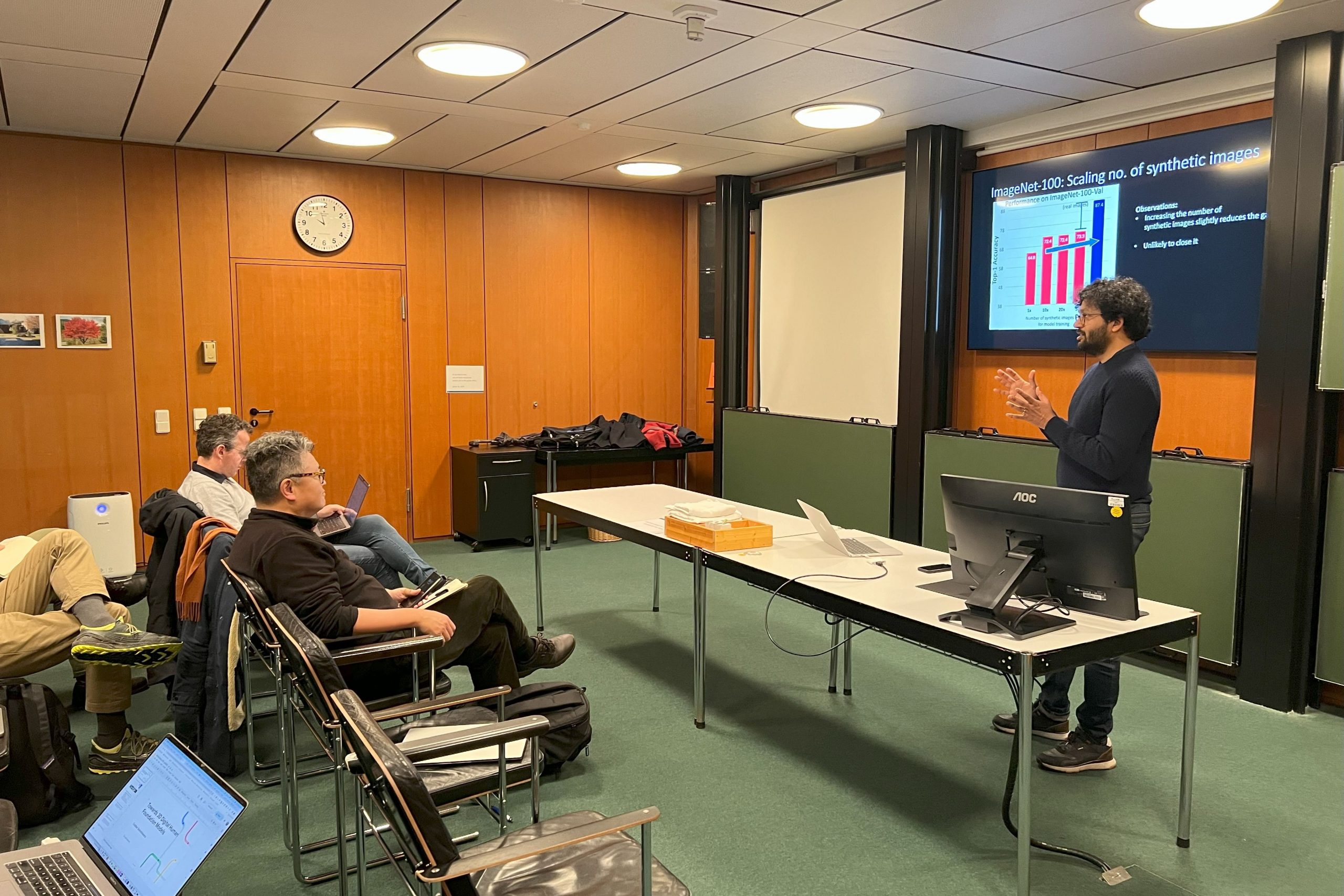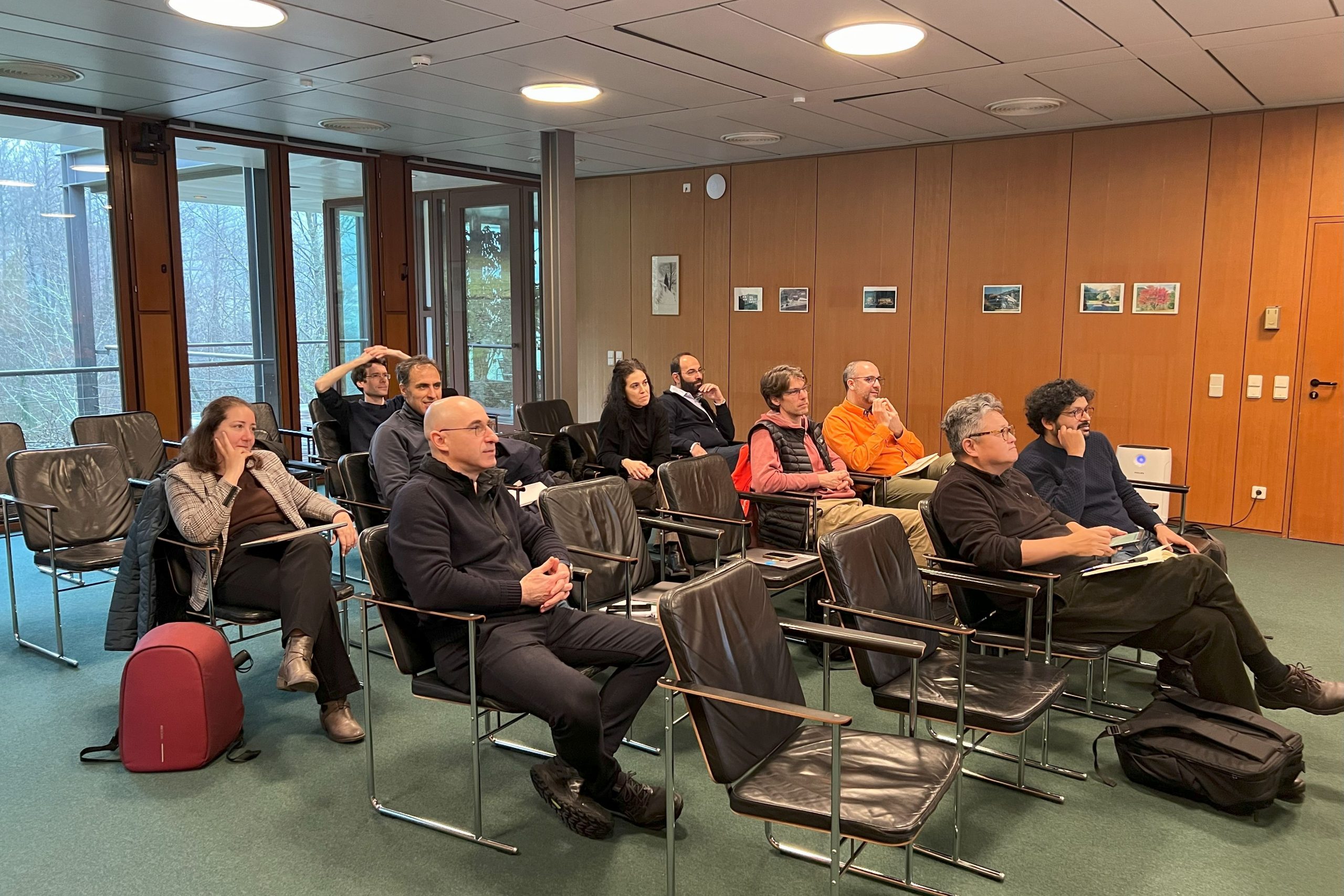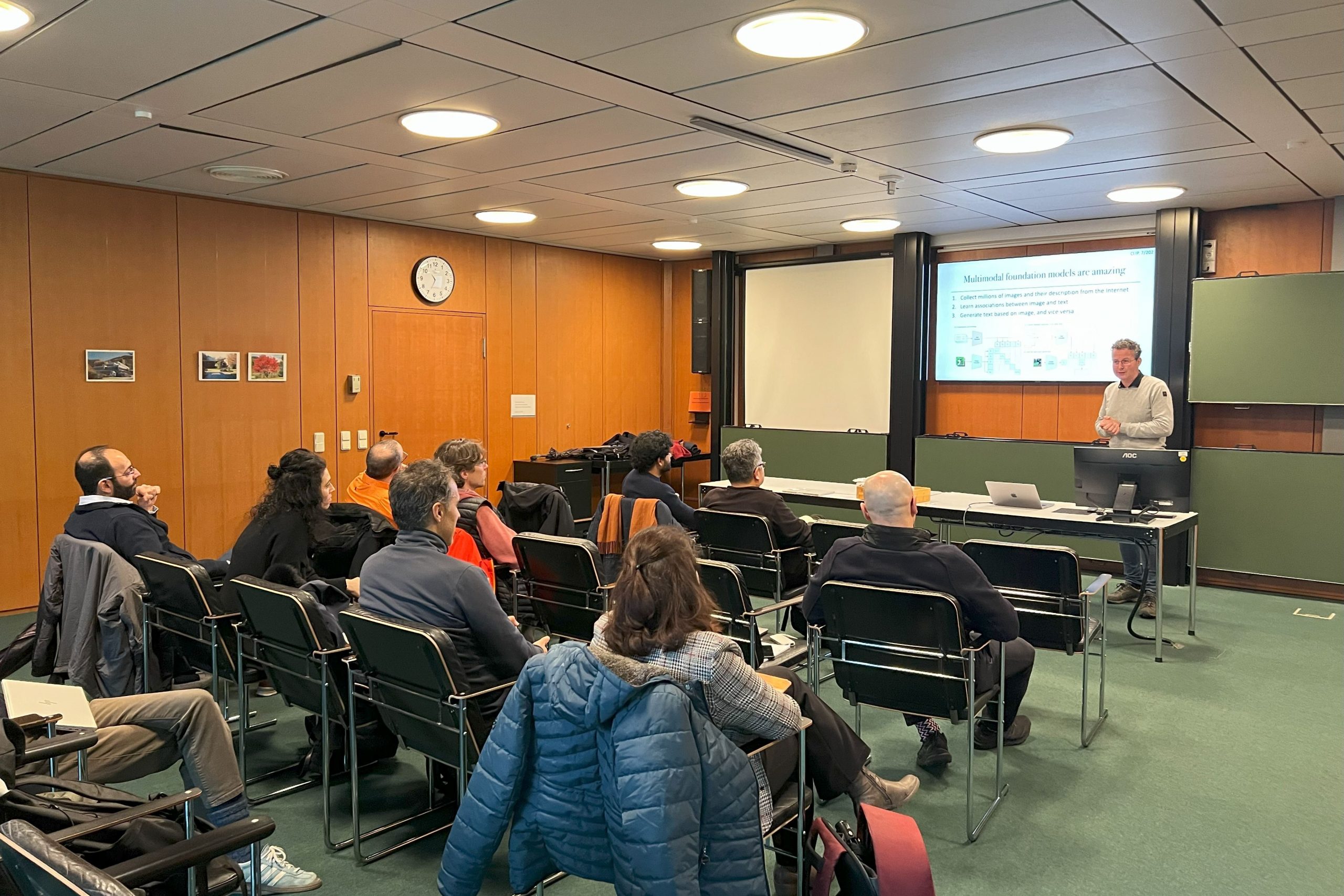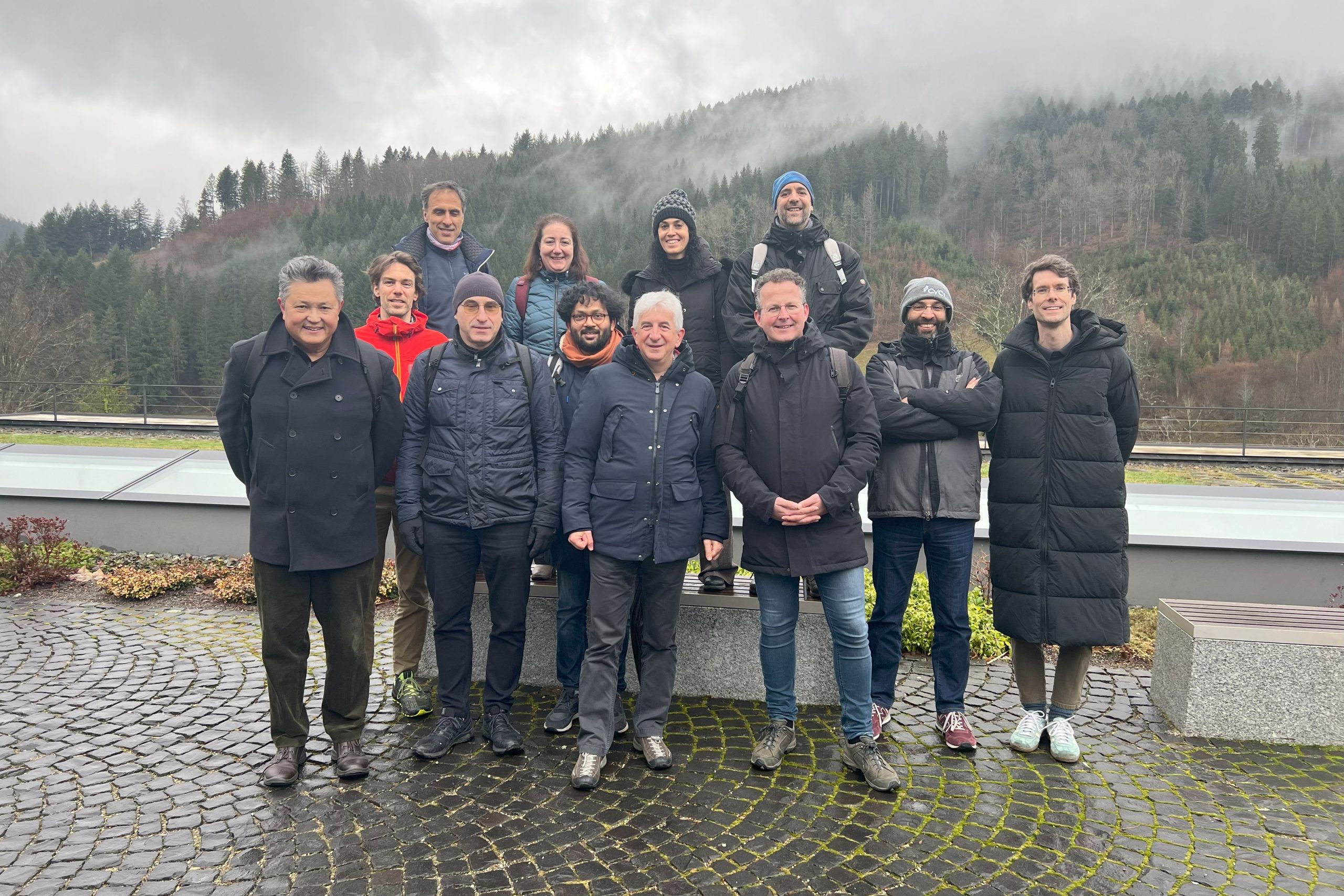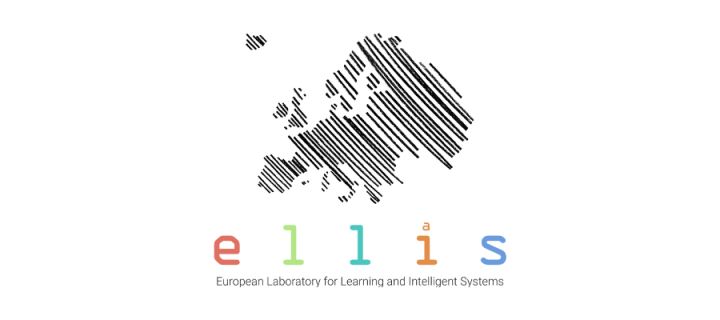
AIDA Semester Course : Statistical Methods for Machine Learning
AIDA Semester Course : Statistical Methods for Machine Learning
The International AI Doctoral Academy (AIDA) invites you to attend the upcoming semester course by Prof. Nicolo Cesa-Bianchi:
Statistical Methods for Machine Learning
This is a course about the theoretical foundations of machine learning and the analysis of machine learning algorithms. The focus is on understanding the mathematical principles at the basis of machine learning.
Host Institution: Università degli Studi di Milano
Level: Graduate
Period: 4 March 2024 – 4 June 2024
Course attendance will be asynchronous in English: https://cesa-bianchi.
Both AIDA and non-AIDA students are encouraged to participate in this course for free (Maximal registrant number: 10 students)
The International AI Doctoral Academy (AIDA), a joint initiative of the European R&D projects AI4Media, ELISE,
How to apply:
If you are an AIDA Student* already, please:
- Step (a): Register in the course by sending an email to the Course Lecturer (nicolo.cesa-bianchi@unimi.it)
for your registration. AND - Step (b): Enroll in the same course in the AIDA course link using the ‘Enroll on this course’ button therein, so that this course enters your AIDA Certificate of Course Attendance. If you are not an AIDA Student do only step (a).
*AIDA Students should have been registered in the AIDA system already (they are PhD students or PostDocs that belong only to the AIDA Members.
